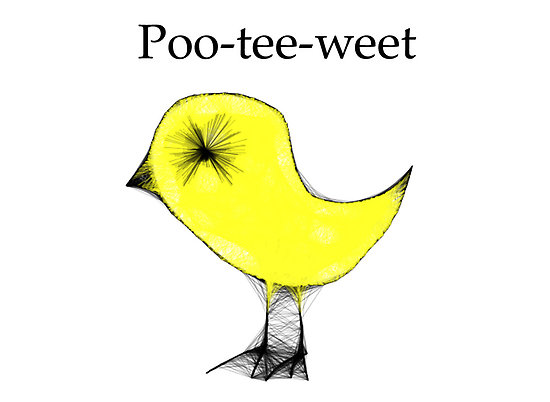STX Engelsk A
Morten M. Pedersen and Jesper Engsted, Aarhus Katedralskole
“It is so short and jumbled and jangled, Sam, because there is nothing intelligent to say about a massacre. Everybody is supposed to be dead, to never say anything or want anything ever again. Everything is supposed to be very quiet after a massacre, and it always is, except for the birds. And what do birds say? All there is to say about a massacre, things like ‘Poo-tee-weet?’”
(Kurt Vonnegut, Slaughterhouse Five)
Listen:
“The struggle of man against power is the struggle of memory against forgetting,” Czech-born author Milan Kundera says in The Book of Laughter and Forgetting.
Part eye-witness account of the WWII Dresden bombing part sci-fi novel part black comedy part absurdist play, Kurt Vonnegut’s postmodern masterpiece Slaughterhouse Five (1969) chronicles the adventures of haphazard hero and anesthetized optometrist Billy Pilgrim who has come unstuck in time. A condition which sends him fluttering between laughter and forgetting in a universe with ill-defined ethics, illusive moral absolutes and rampant relativism.
Through close reading of Slaughterhouse Five, this module examines key elements of postmodernism and historiographic metafiction. Somewhere in there, students discuss such philosophical concepts as time, cause and effect, free will, good and evil, relativism, intertextuality, war, historical revisionism, parody, existentialism, frame narratives, fiction and reality, optical illusions, hybrid genres, paradox, fragmentation, Chinese-box-worlds, ontological uncertainty, flying saucers, PTSD, historicity, little green men shaped like plungers and the insignificance of death. So it goes.
In addition, the novel is placed in context with other postmodern works of fiction, the historical/political realities of the 1960’s counterculture and is discussed in relation to right wing nationalists’ use of the Dresden firebombing in an effort of historical revisionism and holocaust denial.
Didactic Principles
The majority of the module is shaped on the model of Literature Circles, but with an obvious departure in terms of set text. Excerpts from the Winnie- the-Pooh film adaptation as well as short stories by Bundy and Shearman are used to establish a core understanding of postmodern fiction.
On first engaging the novel itself, I think it is important to treat the first two chapters in class with an emphasis on writing style, the use of frame narrative, fictional self-consciousness, non-linear narrative and shifting points of view. After the first two lessons, students do most of the reading in literature circles, however each session is followed by a class discussion of central issues, themes and character developments, or watching documentaries on the historical background of the novel.
Core Materials
Alison Bundy, Onset of his Sickness (Short short story, 1999)
Robert Shearman, The Dark Space in the House in the House in the Garden at the Centre of the World. (Short story, 2012)
Kurt Vonnegut, Slaughterhouse Five. (Novel, 1969)
Wolfgang Reitherman and John Lounsbery, The Many Adventures of Winnie the Pooh (Animated film, 1977)
Secondary Materials
Si Lewen, Parade – An Artist’s Odyssey. (Graphic Novel, 2016)
Morten Mølgaard Pedersen, Postmodernism – The Pixi Version (Presentation, 2017)
Morten Mølgaard Pedersen, Kurt Vonnegut and the Postmodern Condition (Presentation, 2017)
The Sixties – The Years that Shaped a Generation (CBS Documentary, 2005) https://www.youtube.com/watch?v=mUc2eLe-ruI&t=3383s
Hellstorm – The Dresden Holocaust (Documentary, 2015) NOTE: White Nationalist – Holocaust Denial
A List of Postmodern Characteristics: http://postmodernblog.tumblr.com/post/106532710/a-list-of-postmodern-characteristics
For the teacher
Kurt Vonnegut Lecture: https://www.youtube.com/watch?v=4_RUgnC1lm8&t=33s
Linda Hutcheon, Historiographic Metafiction – Parody and Intertextuality of Fiction http://ieas.unideb.hu/admin/file_3553.pdf
